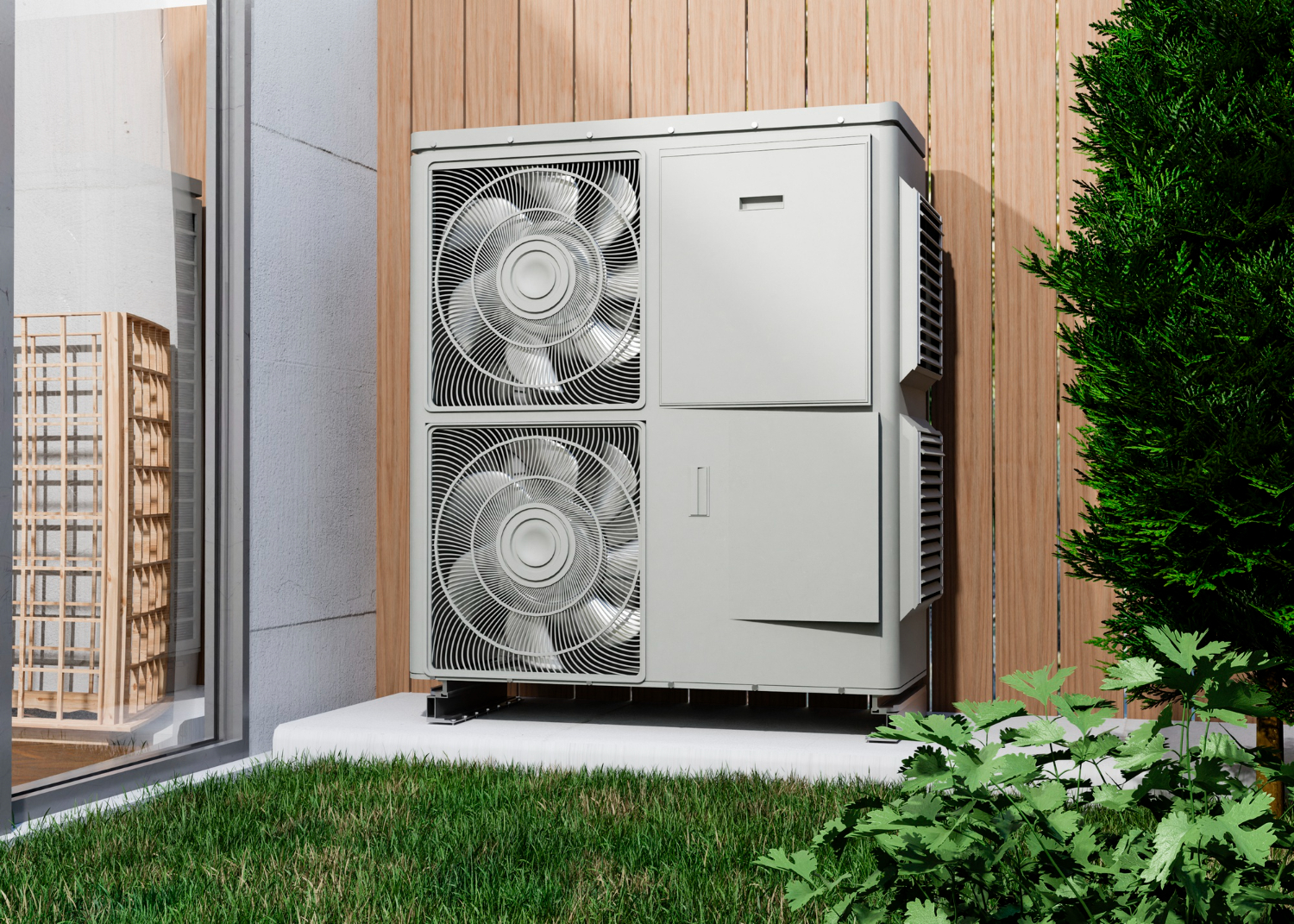Why do we need to replace gas?
78% of homes in the UK are currently heated via natural gas. Gas is a fossil fuel, mostly composed of methane, and when burned it creates carbon dioxide - this makes natural gas currently responsible for 19% of global greenhouse gas emissions, with oil accounting for 21% and coal for 25%.
In the UK, using natural gas for heating generates about a third of our greenhouse gas emissions, so it’s a big part of the puzzle when it comes to meeting our net zero emissions target by 2050.
To help us get there, the government has committed to phasing out new gas boilers from 2025, by installing eco-friendly heating options like air source heat pumps in new build properties - but is hydrogen an alternative to natural gas?

